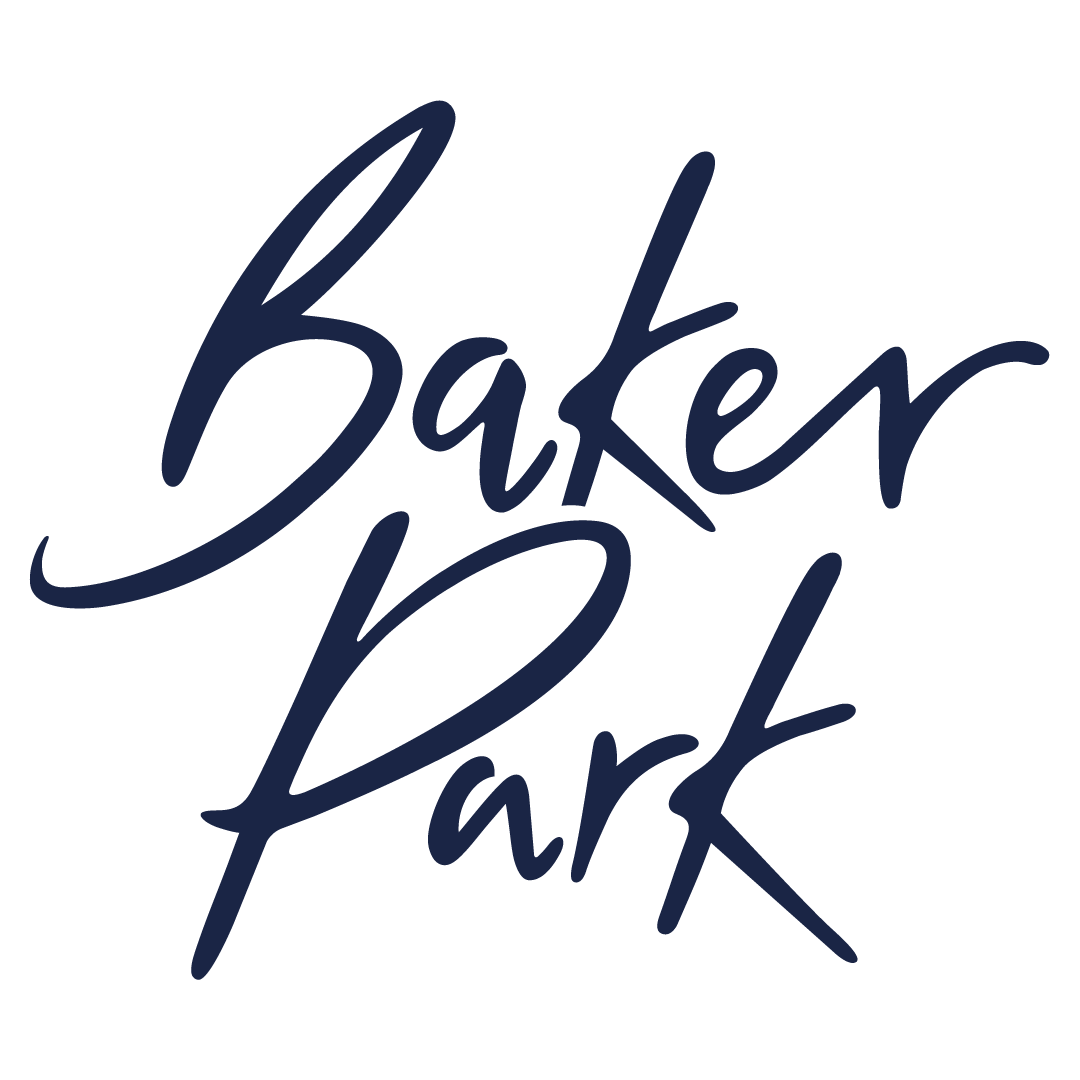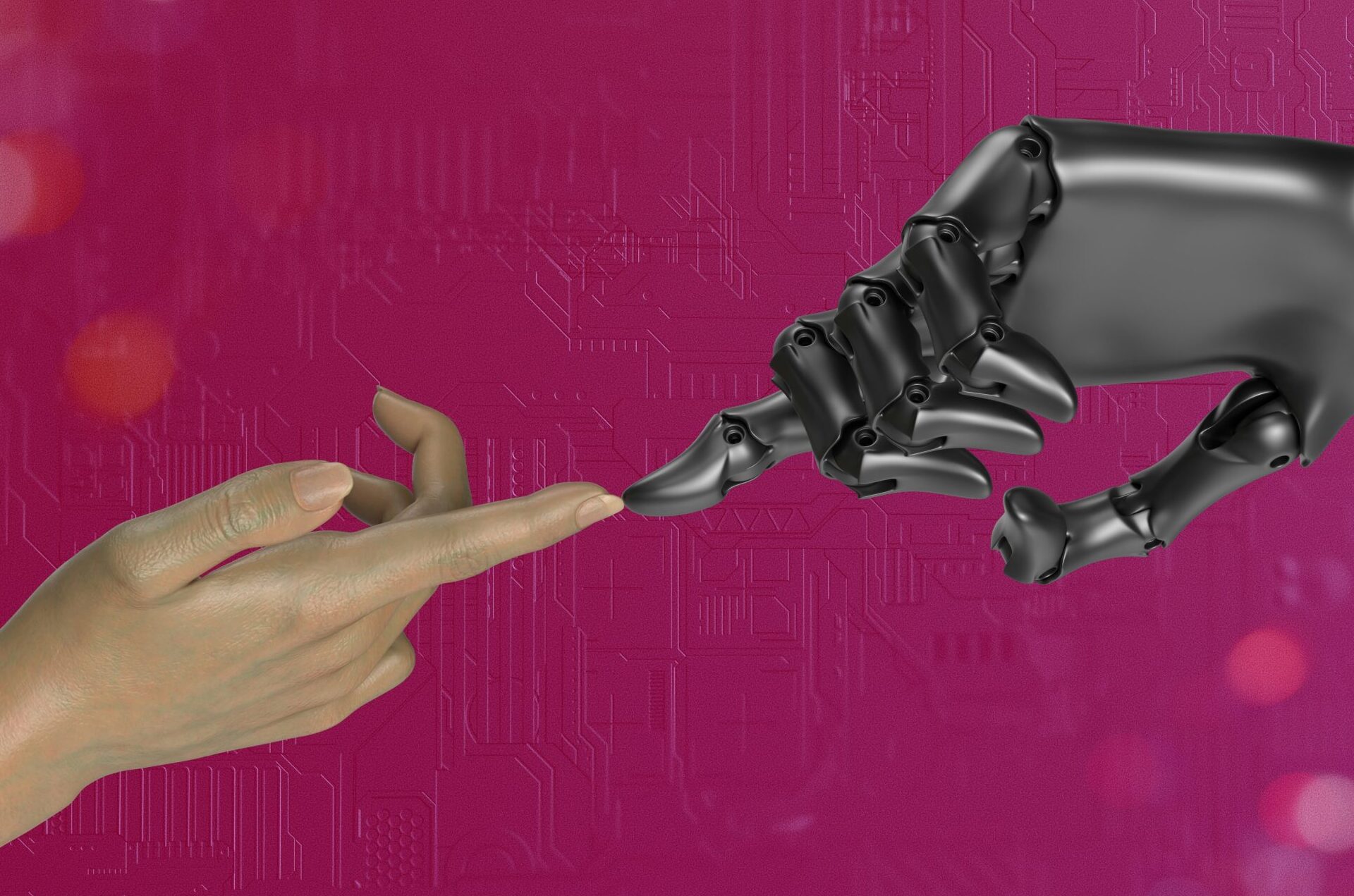The challenges of integrating AI into companies
AI in business: buzzword or reality? While this word is on everyone’s lips, it still remains unclear for many companies who are faced with the challenge of integrating AI into their processes and businesses.
AI is a groundswell: a slow-moving revolution, but one that is well and truly underway. It affects all sectors, all professions… and with them, all employees. The employee experience (EX) is beginning to benefit from AI assistance: generating content, emails, making communication smoother thanks to machine translation, etc.
Today, integrating AI into organizational practices generates fears and reticence, which are legitimate: fear of being replaced, loss of quality, leakage of sensitive data… Yet there is a major opportunity for HR: to make AI the gas pedal of skills-based management.
Competency-based management meets AI
An organizational paradigm shift is clearly underway: the HR approach is evolving from business-driven talent management to skills-based management. Competence becomes the HR measurement unit to be activated, mobilized and developed.
The strategic challenge lies in having the right skills, at the right time, at the right cost, in the right place. It is therefore necessary to identify the skills that the company’s strategy requires, and to take stock of the skills already available in-house, in order to establish a training and/or recruitment strategy to bridge the gap.
Mapping and measuring skills is becoming key to HR in order to have a clear vision of the skills available. If this step seems immense and tedious, AI is a real ally in making it accessible: AI tools are capable of analyzing the data at hand to identify employee skills and map them.
AI can also anticipate tomorrow’s skills needs, thanks to predictive models based on top management decisions.
AI-enabled recruitment & training, two strategies for surrounding yourself with the right skills
There are two HR strategies for reconciling skills needs with those available in-house: upgrading skills through employee training, and recruiting new staff. And AI can play a major role in optimizing these two steps…
For training, AI makes it possible to :
- Identify high-potential profiles or those in need of training in the skills required
- Offer a personalized training program for each employee
- Measure progress in training and acquisition of new skills
- Facilitate the generation of training content (articles, quizzes, videos, etc.) and multiply them across multiple media by automating the process.
This is a crucial HR opportunity, all the more so as HR has set reskilling/upskilling as its No. 1 priority for dealing with talent turnover (source: Neobrain x Lighthouse Research & Advisory).
For recruitment, AI makes it possible to :
- Generate job offers and advertisements highlighting skills in demand
- Sourcing candidates and sorting by skills required
- Helping to select and qualify candidates
In both approaches, it is nevertheless important to guarantee the protection of personal data, as sensitive data is exposed to AI risk. It is therefore important to ensure either :
- Use in-house AI with a high level of data protection
- Anonymize data
Towards the “augmented collaborator”: AI, an opportunity to put value-added skills back at the heart of the employee experience
What’s the match between AI and the professions? While some professions are threatened by AI, most existing professions are complemented by AI… or even new professions are created.
The most widespread use of AI is to optimize internal processes and create more engaging and efficient working environments. With AI as an assistant on repetitive, housekeeping or low value-added tasks, the employee thus has more time to devote to his or her high value-added tasks, develop new skills and become a true expert. This organizational turnaround puts the employee and his or her skills back at the heart of the company by augmenting them with AI: what if the employee of tomorrow were an AI-enhanced employee?




